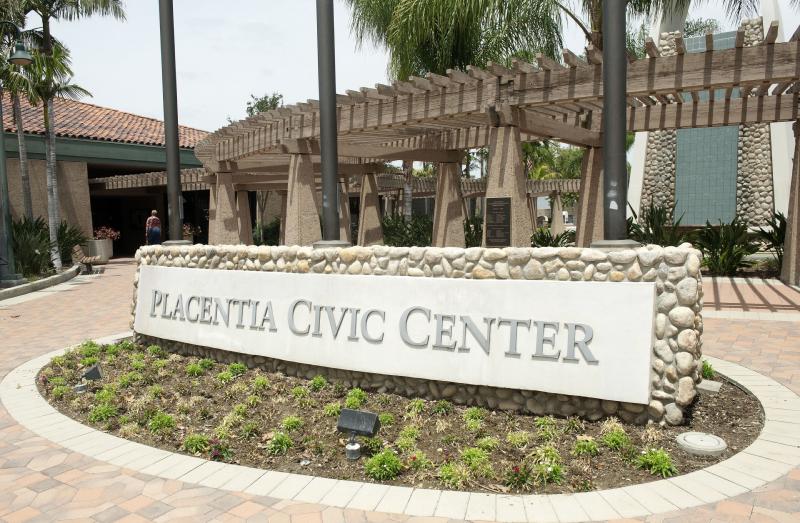In discussing an emergency ban on short-term rentals (STRs) such as Airbnb’s, Councilman Ward Smith argued at a City Council meeting that, “We need to bring a hammer.” Although he was referring to problem rentals — ones that generate repeated complaints and police calls — we’re troubled by the idea of local governments taking a heavy-handed approach toward local property regulations.
The council voted to extend its moratorium on new STRs for a year, as it develops a permanent ordinance. Per a staff report, that final regulation could include caps on the number of such rentals in the city, mandatory inspections of STRs, limits on the number STRs operated by individuals, and various limits on parking and the number of occupants.
Micromanaging private property ownership is the wrong approach. Capping the number of units that are city wide will only deprive people of their property rights, drive up the value of existing permits and lead to underground STRs. Multiple other Orange County cities have taken various but generally similar regulatory approaches.
Beachside cities such as Dana Point have struggled with hitting the right note, with voters there rejecting a more stringent initiative to clamp down on STRs. Stanton, which revels in imposing enormous fines on residents, essentially banned STRs recently — although the impact is unclear given that the downtrodden North County city isn’t exactly a vacation destination.
STRs occasionally cause problems, but so do regular rentals and even owner-occupied properties. Cities should crack down on “externalities” — i.e., bad behaviors such as late-night parties — rather than impose bans. STRs meet a need, providing spacious accommodations for families and bringing visitors to town. Placentia admits it could earn $235,000 in transit-occupancy taxes from them, which is useful given the current economic struggles faced by cities.
“It only takes a few to jack everything up for everybody else in the program,” Smith added at the meeting. That is no doubt true. Instead of imposing a moratorium on all operators, the city should use existing code enforcement tools to target bad actors. The city doesn’t need a hammer, but a scalpel.

